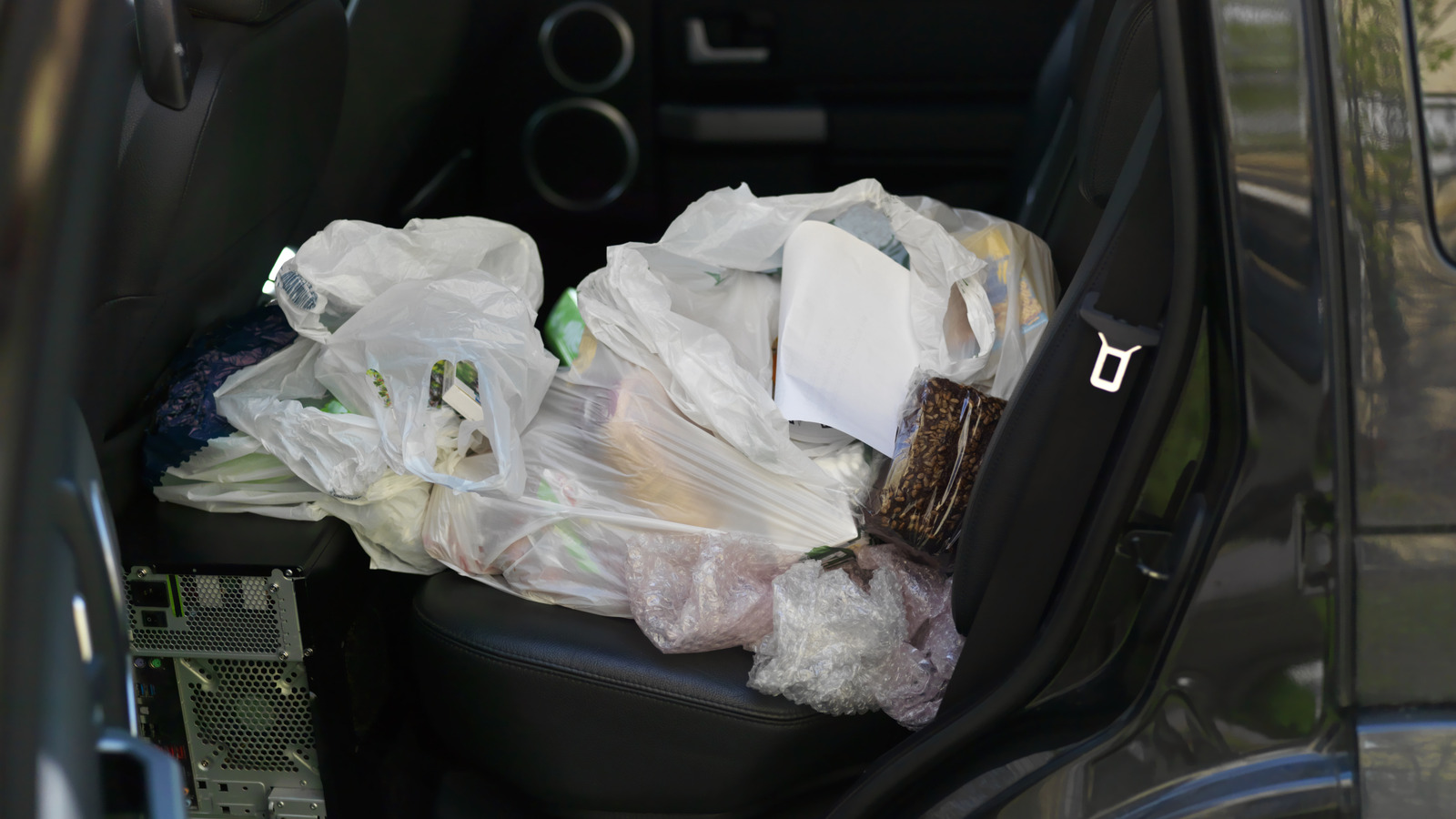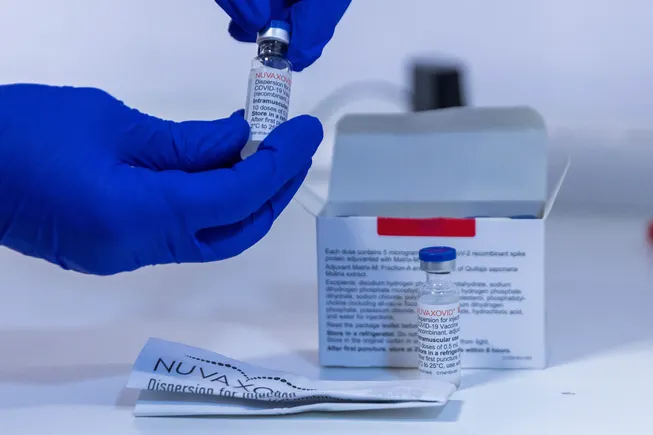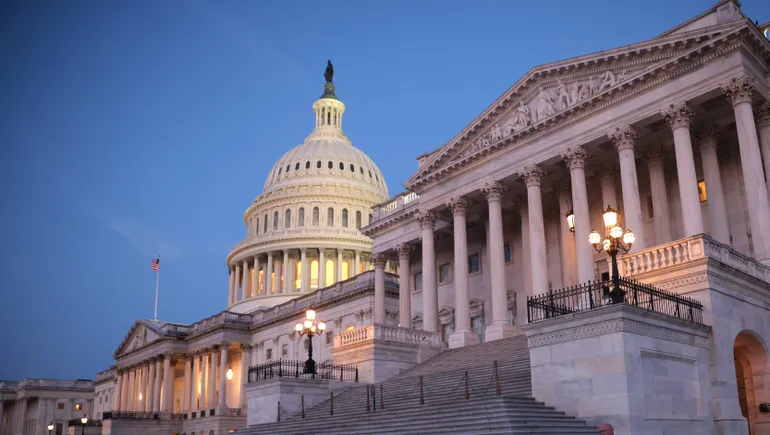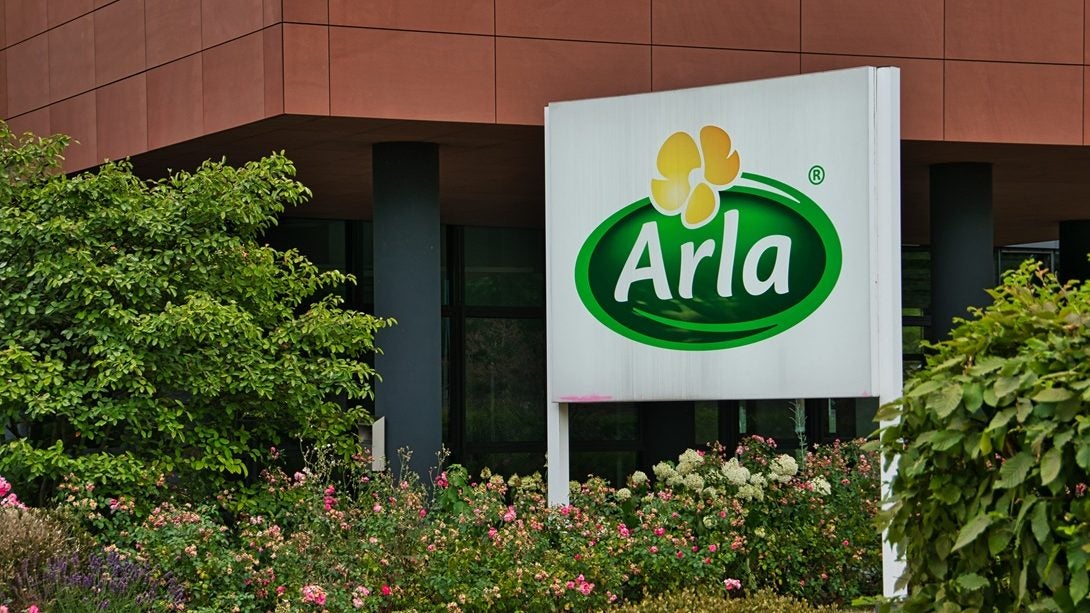Used tyre loophole fuels toxic waste crisis
‘T8’ exemption is being exploited to offload old tyres to developing nations with fewer rules The head of the UK’s largest tyre trade body has called on the Labour government to take urgent action to close legal loopholes that enable millions of exported used tyres to be burnt in India. Darren Lindsey, who leads the British Tyre Manufacturers’ Association (BTMA) – a trade body that represents tyre manufacturers and retreaders – warns that politicians need to end the so-called T8 exemption and “introduce stricter controls and traceability measures”. This, he said, would bring to an end the environmental and human harm when end-of-life tyres are sent for disposal to countries where regulatory and environmental standards do not align with the UK’s. According to official figures, of the 50 million tyres sent to waste every year, around half are exported. It is the T8 exemption that allows these tyres to be sent abroad. The exemption is easy to apply for and approved without the need for a site inspection, and it was originally put in place for low-risk sectors, such as agricultural and recyclers, to allow them to process up to 40 tonnes of waste passenger car tyres per week without having to apply for a stricter environmental permit. For example, they could process tyres into ‘bales’ – huge, compressed rubber cubes – and send them to be shredded and granulated in countries such as India. While this would be done in a similar manner to how they would be disposed of in the UK, it is a much cheaper alternative. However, Lindsey said the loophole is instead being exploited by a growing minority of waste tyre collectors. He has called on the government to remove the exemption and introduce stricter controls and traceability measures to monitor the movement and disposal of these tyres. A recent BBC investigation claimed that while these bales were being sent under a pretence of being correctly recycled, they were in fact being burnt by firms connected to India’s black market. Burning tyres is illegal in the UK because, according to the Environment Agency, they emit hazardous smoke and pollutants. Instead, in the UK, end-of-life tyres must be handled by registered waste or recycling fi rms, which allows them to be tracked. Lindsey said: “When you consider that the UK operates an unregulated free market system, and that the world is being hit with high energy prices, it creates the perfect storm for waste tyres, which have a high calorific value, to be shipped around the world. If the government, however, ends the T8 exemption, the trade in the 1000 tonnes of waste tyres that leave our shores every day would drastically reduce.” It is a view largely shared by Peter Taylor, secretary general of the Tyre Recovery Association (TRA). However, he was keen to stress that “although tyre recovery in the UK is market-based, it is certainly not unregulated”. “Sadly, the current regulatory regime is failing us,” he said. “T8 exemptions must end, and tyres exported for recycling should be shredded [instead of baled] to minimise poor practices in countries like India.” Taylor has been campaigning to end the T8 exemption since 2018. He says those in breach are “a sizeable and still growing minority of collectors that are wilfully breaking the law”. But there is much more at stake. Both the BTMA and the TRA are concerned the government’s apparent reluctance to act will cause irreparable damage to the UK’s tyre recycling industry. “The UK has the capacity to recycle all of its waste tyres, or at least recycle 80% of them,” explained Taylor. “However, as long as the T8 exemptions exist, few will invest in the tyre recycling sector. The government needs to pass legislation quickly before the recycling infrastructure, and the supply chains that support it, are gone.” In response, the Department for Environment, Food and Rural Affairs said ministers are currently considering priorities for waste and resources, with proposed reforms including the removal of the T8 exemption. James Gordon
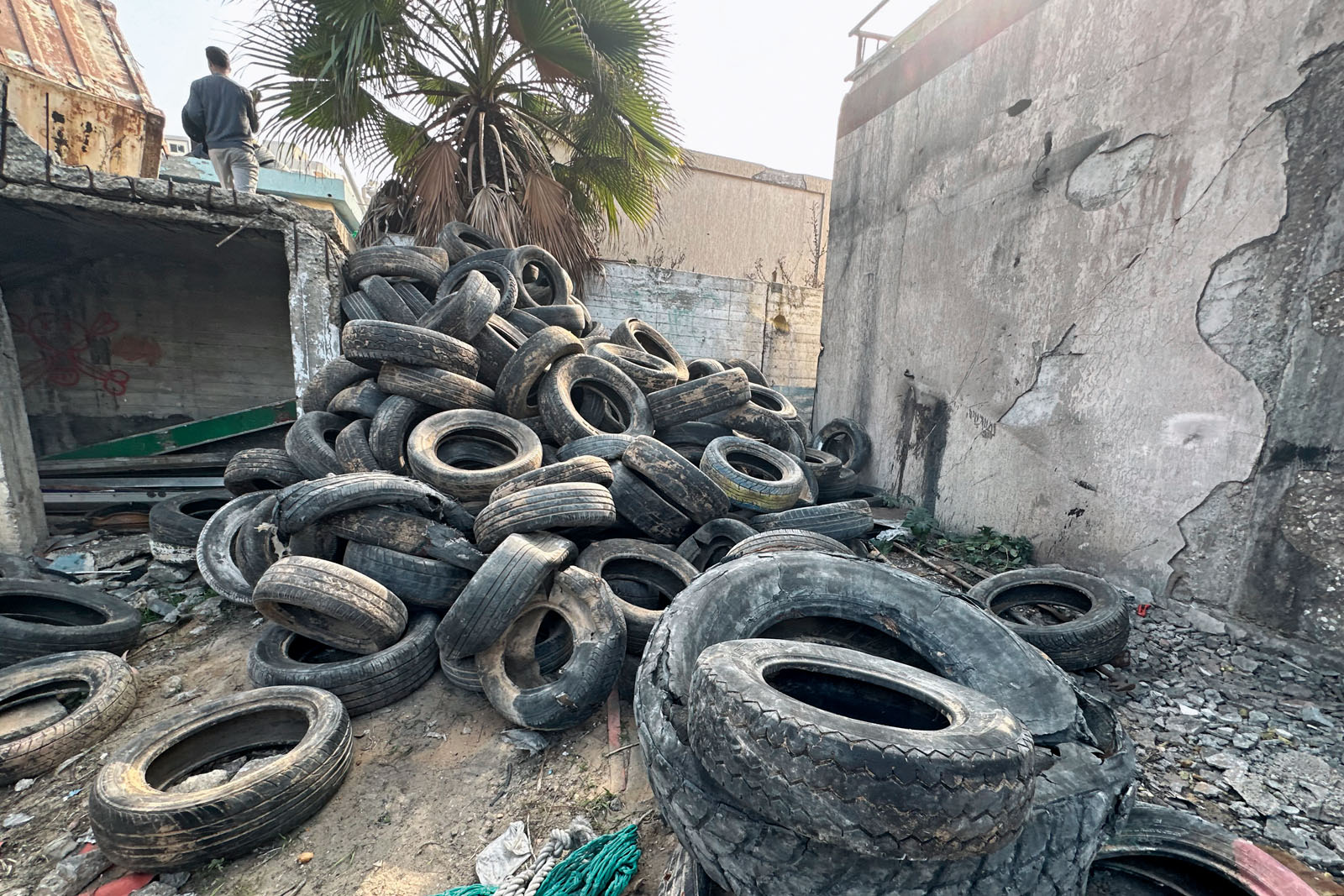
 ‘T8’ exemption is being exploited to offload old tyres to developing nations with fewer rules
‘T8’ exemption is being exploited to offload old tyres to developing nations with fewer rules
The head of the UK’s largest tyre trade body has called on the Labour government to take urgent action to close legal loopholes that enable millions of exported used tyres to be burnt in India.
Darren Lindsey, who leads the British Tyre Manufacturers’ Association (BTMA) – a trade body that represents tyre manufacturers and retreaders – warns that politicians need to end the so-called T8 exemption and “introduce stricter controls and traceability measures”.
This, he said, would bring to an end the environmental and human harm when end-of-life tyres are sent for disposal to countries where regulatory and environmental standards do not align with the UK’s. According to official figures, of the 50 million tyres sent to waste every year, around half are exported.
It is the T8 exemption that allows these tyres to be sent abroad. The exemption is easy to apply for and approved without the need for a site inspection, and it was originally put in place for low-risk sectors, such as agricultural and recyclers, to allow them to process up to 40 tonnes of waste passenger car tyres per week without having to apply for a stricter environmental permit.
For example, they could process tyres into ‘bales’ – huge, compressed rubber cubes – and send them to be shredded and granulated in countries such as India. While this would be done in a similar manner to how they would be disposed of in the UK, it is a much cheaper alternative.
However, Lindsey said the loophole is instead being exploited by a growing minority of waste tyre collectors. He has called on the government to remove the exemption and introduce stricter controls and traceability measures to monitor the movement and disposal of these tyres.
A recent BBC investigation claimed that while these bales were being sent under a pretence of being correctly recycled, they were in fact being burnt by firms connected to India’s black market.
Burning tyres is illegal in the UK because, according to the Environment Agency, they emit hazardous smoke and pollutants. Instead, in the UK, end-of-life tyres must be handled by registered waste or recycling fi rms, which allows them to be tracked.
Lindsey said: “When you consider that the UK operates an unregulated free market system, and that the world is being hit with high energy prices, it creates the perfect storm for waste tyres, which have a high calorific value, to be shipped around the world. If the government, however, ends the T8 exemption, the trade in the 1000 tonnes of waste tyres that leave our shores every day would drastically reduce.”
It is a view largely shared by Peter Taylor, secretary general of the Tyre Recovery Association (TRA). However, he was keen to stress that “although tyre recovery in the UK is market-based, it is certainly not unregulated”.
“Sadly, the current regulatory regime is failing us,” he said. “T8 exemptions must end, and tyres exported for recycling should be shredded [instead of baled] to minimise poor practices in countries like India.”
Taylor has been campaigning to end the T8 exemption since 2018. He says those in breach are “a sizeable and still growing minority of collectors that are wilfully breaking the law”.
But there is much more at stake. Both the BTMA and the TRA are concerned the government’s apparent reluctance to act will cause irreparable damage to the UK’s tyre recycling industry.
“The UK has the capacity to recycle all of its waste tyres, or at least recycle 80% of them,” explained Taylor. “However, as long as the T8 exemptions exist, few will invest in the tyre recycling sector. The government needs to pass legislation quickly before the recycling infrastructure, and the supply chains that support it, are gone.”
In response, the Department for Environment, Food and Rural Affairs said ministers are currently considering priorities for waste and resources, with proposed reforms including the removal of the T8 exemption.
James Gordon













